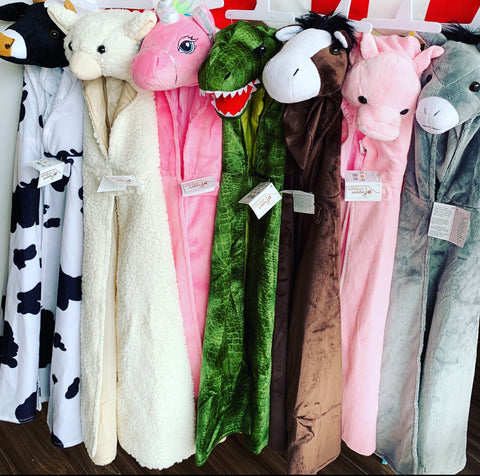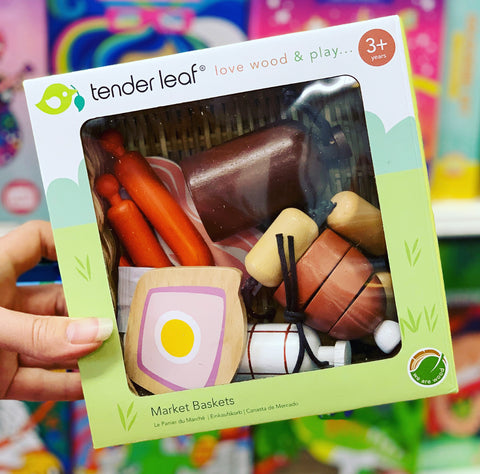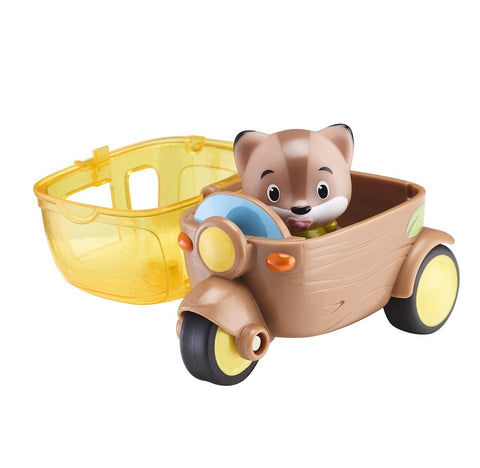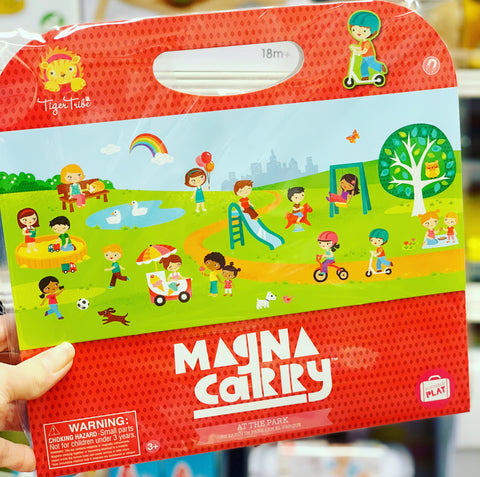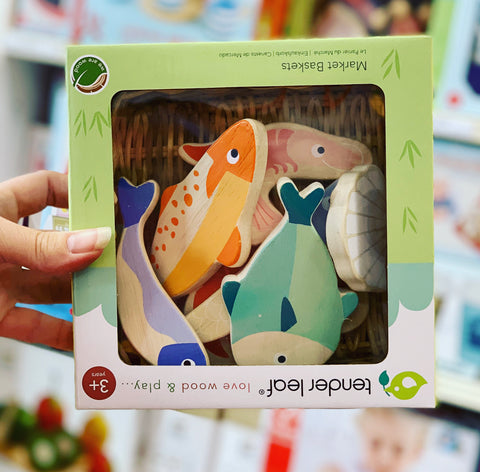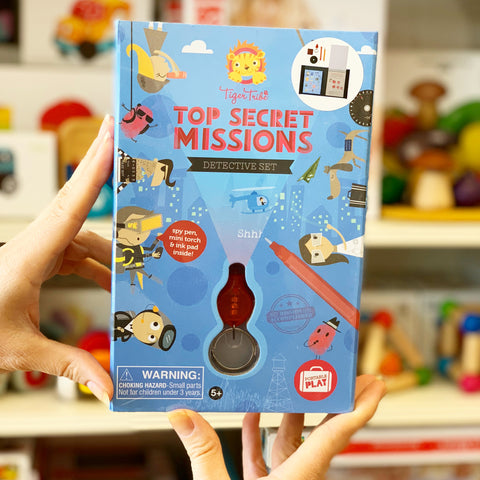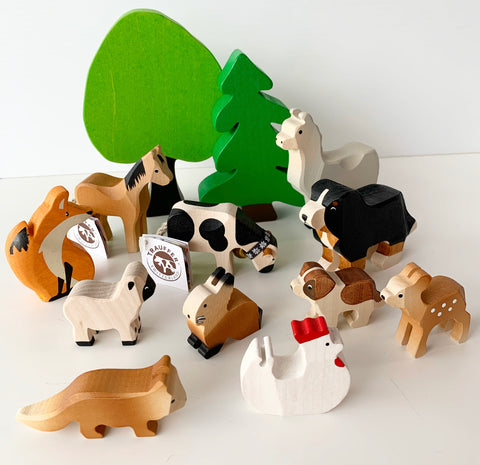Imaginative / Pretend Play
Pretend play is an essential part of the learning experience for children. During this stage of development, kids are learning to interact with the world around them, and role-playing helps them to explore new concepts and ideas.
One of the primary benefits of pretend play is that it helps children to develop their imagination. Through imaginative play, children can create new scenarios, characters, and environments. They can explore different emotions, social dynamics, and problem-solving skills. This imaginative play helps children to develop creativity, which can be beneficial in many aspects of their lives.
In addition to promoting creativity, pretend play also helps children develop their social skills. As they play together, kids learn how to cooperate, share, negotiate, and take turns. Pretend play allows children to practice communication and empathy as they take on different roles and interact with each other.
Children can act out their fears, frustrations, and desires in a controlled environment, which can help them to develop emotional regulation and problem-solving skills. They can also practice decision-making, planning, and executing tasks, which can be beneficial in both their personal and academic lives.
Pretend play is an essential aspect of the learning experience for children. It allows kids to develop their creativity, social skills, emotional regulation, and problem-solving skills. We can encourage and support pretend play by providing opportunities for children to engage in imaginative play, such as dressing up in costumes, building forts, or playing with dolls or pretend food. By supporting and promoting pretend play, we can help children to develop the skills and knowledge they need to thrive in both their personal and academic lives.

